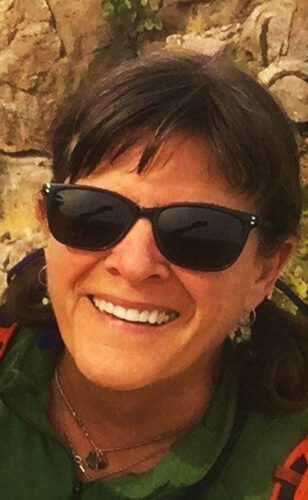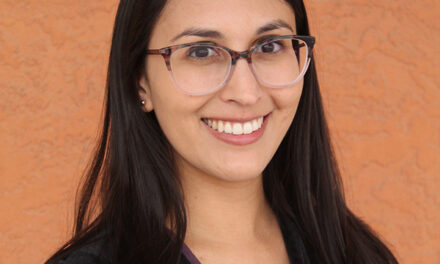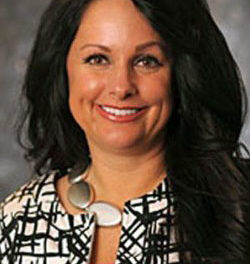
Lynda Garvin
What would you say if I told you that there was a gift that gives back a million times over? A gift that is beautiful in form and intricate by design? A gift that contains tens of thousands of years of culture, history and biology? A gift that has been carefully hand selected from generation to generation for millennia.
Isn’t that a gift worth giving? A gift worth cherishing, and a gift worth protecting? What is this gift? It is the gift of seeds.
Seeds tell the stories of our journey on this planet. They embody our relationship with Mother Earth — the plants, the soil, the animals, the water and the environment. They reflect our connection with our families and communities, even the world at large.
They are unlimited potential waiting to express and adapt to the changing environment. They are the mirror of our humanity and all that is enduring. They are the creation story moving forward in time.
It’s the Christmas season and tamales are a traditional celebratory food in New Mexico. Our modern corn or maize is the result of seeds collected from a wild plant called Teosinte more than 9,000 years ago in the Balsas River Valley of southern-central Mexico. It took another 4,700 years for maize to reach the US border.
“Over several thousand years of seed stewardship our ancient ancestors developed domesticated corn and the thousands of different varieties that exist today. Teosinte is considered the mother of corn and therefore holds a very important place in indigenous culture and beliefs. For many indigenous societies of the Americas corn is considered the mother of all people and is the most important cultivated crop. The name teosinte is derived from the Nahuatl word tosintli which means sacred corn.” Native Seed Search.
For that matter, all of our plant-based food began as a wild relative that someone began to collect their seeds season after season, for thousands of years, until you come to the crop as we know it today. Think about that for a moment.
The next time you look at the color and variety of vegetables on your plate or in your salad, imagine all the people stretching back through countless generations hand selecting the healthiest, most resilient, and best quality seed from these ancient wild plants. Isn’t that a gift to be grateful for?
The genetic diversity of our food crops through the seed is also the insurance we need to evolve with our rapidly changing climate. With each year a seed is grown, harvested and replanted, the resulting plant is adapting to climate change and local growing conditions. Unfortunately, that genetic diversity in our food crops is rapidly shrinking.
Between 1903 and 1993, the United States has lost up to 93 percent of its unique vegetable varieties. For example, in 1903, there were 307 varieties of corn available commercially compared with just 12 in 1983. This is based on the varieties currently available at the National Center for Genetic Resources Preservation in Ft. Collins, Colo.
You may ask, what can I do about this alarming loss of diversity? The simple answer is to begin to save, sow and share your own seeds. Yes, you can create your own seed legacy.
For many vegetables, seed saving is as simple as allowing the seeds to mature and dry on the plant. These include beans, lettuce, corn, peas, chilies, sweet peppers and herbs.
For more information, get a free seed saving manual at seedalliance.org and look for seed saving classes from your local extension office. If you aren’t saving seeds now, start during your next growing season and give the gift of seeds you’ve carefully selected to your neighbors, friends and loved ones. Seeds are the gift that keeps giving.
Program announcements
- 4-H Open Enrollment! Open enrollment for Valencia County 4-H is through Jan. 31, 2022. Late enrollments are not accepted. Enrollment information can be found at valenciaextension.nmsu.edu/how-to-join-4h.html or contact Sierra Cain at [email protected].
- 4-H State-wide Food Drive: Clash of the Counties Competition. Our 4-H members received a grant through the 4-H Healthy Living Summit. Their mission is to put on a State 4-H food drive competition through New Mexico county 4-H programs. Food items can be dropped off at the Extension Office. All food will be donated to our county. Contact Sierra Cain at [email protected] for more information.
(Lynda Garvin is the iterim county program director and agriculture agent/extension master gardener coordinator at the Valencia County Cooperative Extension Service.)
















